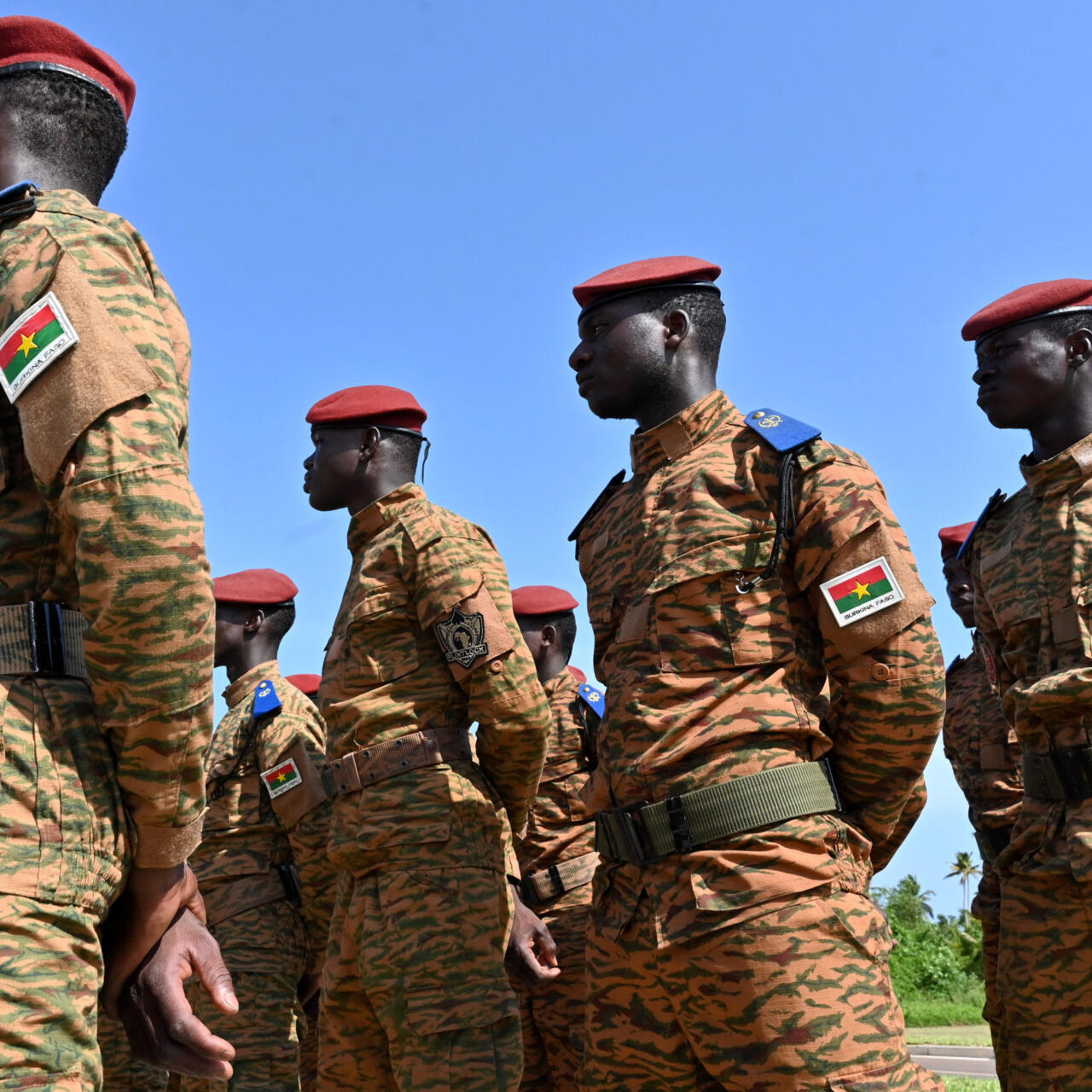
At Camp Ouezzin Coulibaly in Burkina Faso’s 2nd Military Region, a quiet but powerful transformation is underway.
Seven hectares of land have been developed to support agricultural and livestock activities — not by conventional farmers, but by soldiers wounded in combat and now redeployed to the front lines of food security.
With backing from the National Office of Major Projects of Burkina (BN-GPB), this initiative is part of the Presidential Initiative for Agricultural Production and Food Self-Sufficiency, designed to foster food sovereignty and resilience across the country.
The cultivated area includes two distinct components: agriculture and animal husbandry. On the agricultural front, two hectares are dedicated to soybean production, while four more are being developed for wheat.
An additional hectare is planted with 60,000 pineapple plants, a crop that takes approximately 14 months to mature. Market gardening is also part of the project’s vision.
The livestock operations are equally diverse, comprising a chicken coop, a fish farm, and a pigsty that houses seven pigs — six sows and a boar — divided into specialized pens for breeding, piglets, and fattening. The site also accommodates sheep and goats.
“On this site, we have agricultural production and a livestock section. In terms of livestock, we have small ruminants, pigs, and also poultry. Regarding the agricultural site, we currently have two hectares of soybeans and one hectare of pineapples. The other four hectares currently being developed are intended for growing wheat.
We are also switching to market gardening,” explained Colonel Lassané Porgo, Commander of the 2nd Military Region.
The personnel behind the project are mostly soldiers wounded in military operations. With training in farming and animal husbandry provided by BN-GPB, they are now contributing directly to national food supply efforts.
“We redeploy soldiers wounded in operations here after training them.
The goal is to provide them with qualifications and enable them to further contribute to the country’s development through production. Because they fought for the country, they were injured. We must not abandon them under the pretext that they can no longer be deployed. The production from this site is primarily intended for the FDS and the organizations that prepare their meals,” Colonel Porgo said.
These efforts form a core part of Burkina Faso’s broader push to achieve food sovereignty, with the armed forces playing a vital role both in defense and development.



